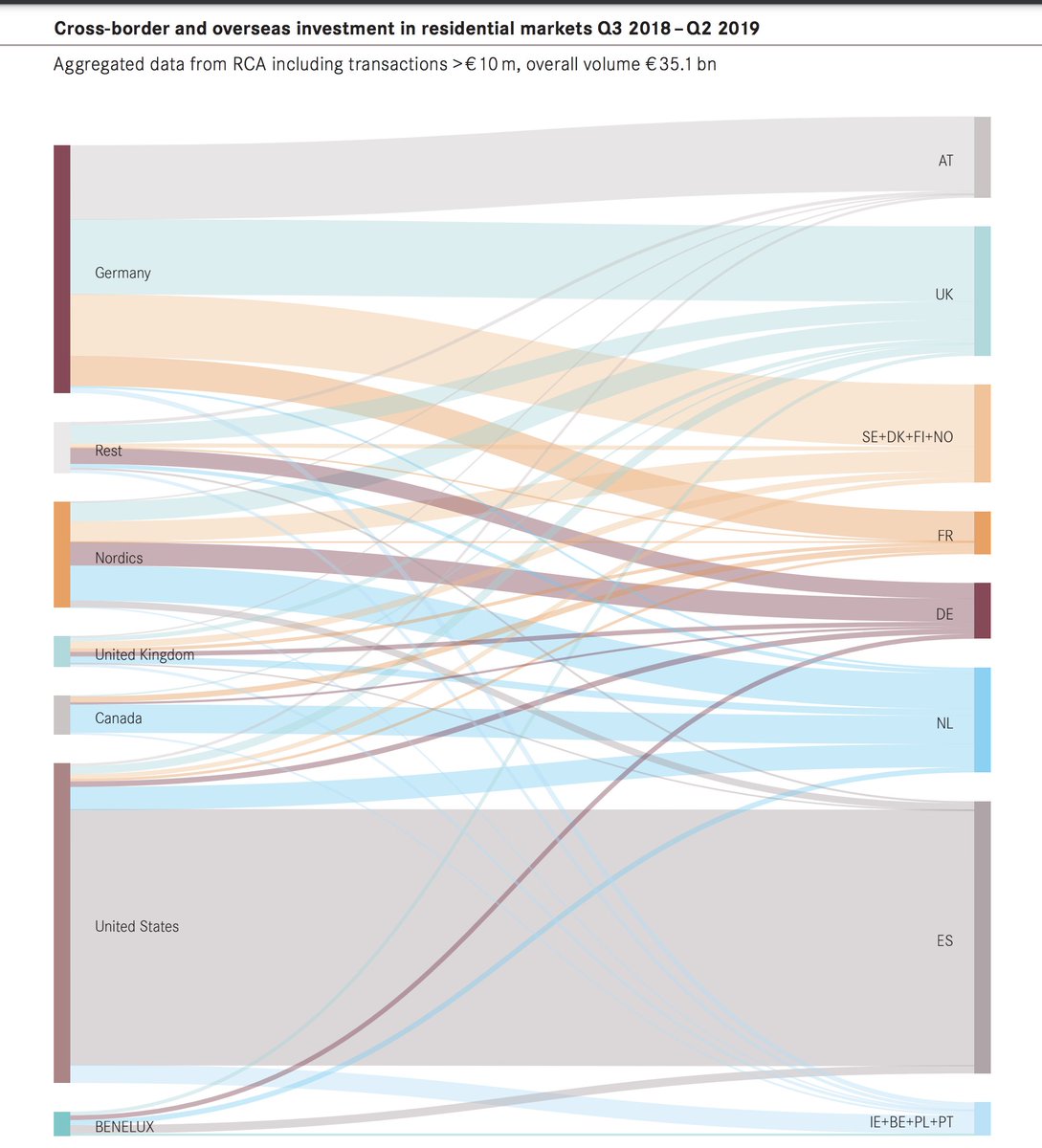
tonight promises to be exciting, come debate with us Eurozone's macrofinancial pathologies.
https://twitter.com/GEGBrussels/status/1369933233002004486
we'll discuss what is so far the most ambitious technocratic proposal to leave behind the pro-cyclical, damaging fiscal rules that monetarism gifted Euroarea citizens
piie.com/sites/default/…
piie.com/sites/default/…
this is another seemingly technical, yet deeply political conversation - the Commission is working on plans to review the austerity bias built within EU fiscal rules, to be published by end of 2021.
interesting to see how left in European Parliament responds - about time it discarded its love affair with fiscal discipline, it's macro is now to the right of the ECB
you know by now what is missing from this conversation, though it's shouting at the Commission every day from the FT pages: monetary-fiscal interactions!
it's mind-blowing how absent monetary policy is from these conceptual debates.
ft.com/content/499c09…
it's mind-blowing how absent monetary policy is from these conceptual debates.
ft.com/content/499c09…
theoretically, this is the legacy of DSGE macro: no fiscal policy, no fiscal-monetary interactions, one interest rate.
timely reminder that central banks operate with a macrofinancial view of sovereign debt that is ignored in fiscal rules debates.
https://twitter.com/fwred/status/1369993346496741376?s=20
European Fiscal Board, body advising European Commission, is remarkable for two reasons:
1. The five members are all men.
2. The five members are centre-right on fiscal issues, validating Commission bias to pro-cyclical rules.
ec.europa.eu/info/business-…
1. The five members are all men.
2. The five members are centre-right on fiscal issues, validating Commission bias to pro-cyclical rules.
ec.europa.eu/info/business-…
• • •
Missing some Tweet in this thread? You can try to
force a refresh







